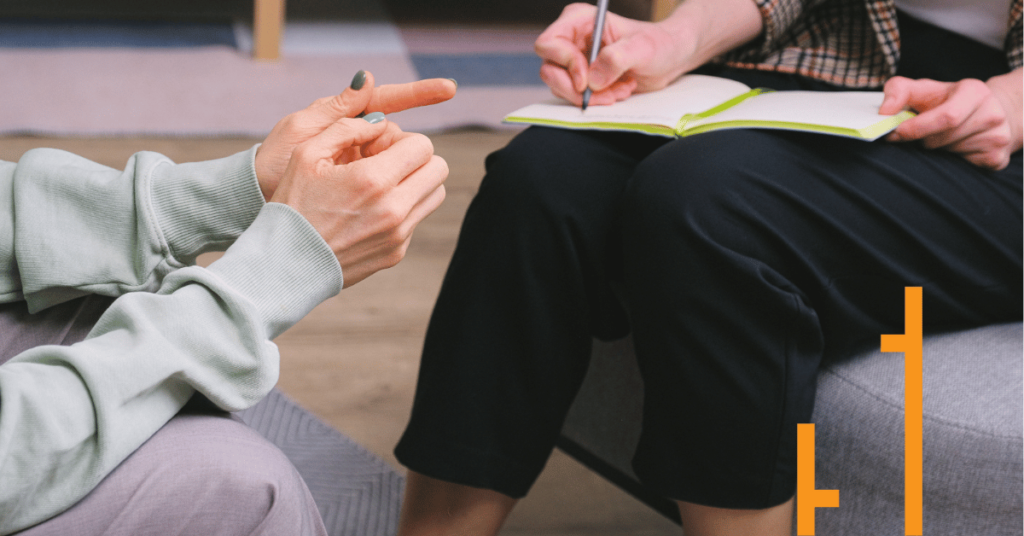
Pop-Psychology and Trading
You may not know that one of our resident technical gurus, Scott Goddard, also has a Diploma in Applied Psychology. On his Twitter feed this morning, Scott wrote,.
“Psychology / Mindset whatever you want to call it, can be taught, and is an essential component towards becoming a successful trader. Yet you need to be completely open to introspection and the dark and light that comes from honest self analysis. Not many can do that!“
I have a bit to say about pop-psychology. The caveat is, obviously, I don’t have a psychology degree or any other formal qualifications.
But I have been trading since 1985 and I did visit a trading psychologist weekly for 6-months.
Apart from feeling incredibily uncomfortable with the psychologist, I did learn one important lesson.
Our mind operates on various levels, though we can broadly place those levels into two categories; the conscious and the unconscious.
The conscious mind consists of anything we’re aware of. Things we can think and talk about – feelings, regrets, sensations and anything else about us or the world around us.
And this is what Scott is discussing and essentially what trading psychology books and self-appointed ‘trading psychology’ coaches talk about.
Are these resources helpful?
To a degree, yes. They could certainly help with introspection, as Scott points out. They could also provide useful guidance, exercises and mindfulness to help the trading process.
But I call this pop-psychology.
However, here’s the crux.
If you have any significant barriers holding your trading back, it may be because issues have been repressed to your unconscious mind.
And you’re not aware of what’s going on in your unconscious mind.
If you were aware of the issues, then, in theory, you wouldn’t keep repeating the same self-defeating practices when you trade.
It’s the old “You don’t know what you don’t know” scenario.
Reading a book won’t help, because you don’t actually know the underlying cause of the issue. A book can help organise any conscious thoughts and practices, but will not be able to help with any issues lingering in your unconscious mind, which is where major issues lie that impact our trading decisions.
Here’s an example.
A key to trading success, in my view, is to forget about the money. The money is simply a by-product of correct trading processes. Telling yourself to forget about the money and focus on the process is a conscious thought.
But why is it, that every time you go to trade, you don’t put the full position on, you cancel the order, or override the strategy, or take profits the second the position moves in your favour?
Is that a function of worrying about the money? Or something else? If it is about the money, why? What’s the driver behind that?
The driver behind the poor decision is what we need to dig out, but that’s in the unconscious mind, so you actually don’t even know about it.
The only way to get that dug out, is to sit with a proper psychologist, in person, on a couch, and allow the talking process to draw it out of your unconscious.
It’s very uncomfortable, as Scott says. But it needs to be done if you have all the tools yet are still not trading at your full potential.


